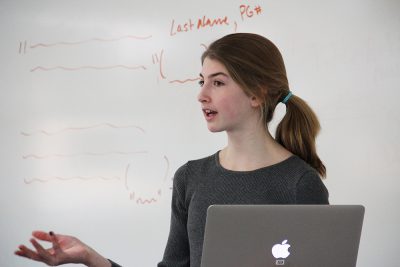October 26, 2017
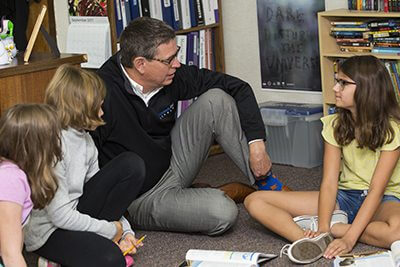 by Dr. Bill Hudson, Head of School
by Dr. Bill Hudson, Head of School
I am having a hard time finding balance these days. I think I am pretty good at the work-home balance, but achieving a physical balance is another matter. This week, I broke a bone in my foot and one in my ankle while on an afternoon run. Even with crutches, maintaining a balance is a challenge.
Maintaining balance and achieving well-being seem to be increasingly difficult in today’s society. It is challenging for adults and even more so for our children. It is well documented that anxiety and depression are on the rise for our young people. There are a number of reasons that can be attributed to this growing problem. The pressure of academic achievement, the drive for perfection, homework, and worries about getting into the “right” college can make it difficult for young people to find balance. Social media is also partly to blame. While the data is not yet conclusive, researchers believe the use of social media and smartphones appear to be culpable for the increase in teen mental health. (Jean Twenge, “Have Smartphones Destroyed a Generation?” The Atlantic, Sept. 2017)
Many years ago, MPA initiated a very unique and innovative marketing campaign. One of the taglines was “Competition belongs in the boardroom, not the classroom.” I think it speaks to one of the most distinctive attributes of MPA. Students work hard at achieving good grades, but not at the expense of their relationships with one another and with their teachers. We have a collaborative environment where students support one another and work to achieve their personal best, not to beat their classmates.
 Friday, December 1 will be a very special day on campus for MPA students and their friends. Those in grades three through eight are welcome to bring a same-grade friend for a day of learning and fun! This is an opportunity for you to give a gentle nudge to families who you believe would appreciate the MPA experience. Learn much more and register at moundsparkacademy.org/bringafriend.
Friday, December 1 will be a very special day on campus for MPA students and their friends. Those in grades three through eight are welcome to bring a same-grade friend for a day of learning and fun! This is an opportunity for you to give a gentle nudge to families who you believe would appreciate the MPA experience. Learn much more and register at moundsparkacademy.org/bringafriend.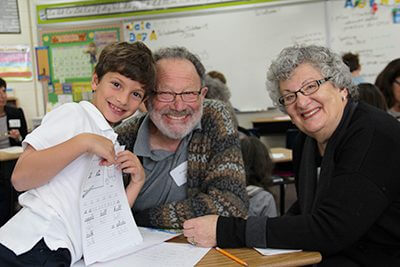 MPA grandparents and special friends are welcomed to a very joyful day on campus! Remind them to join PreK through 8th Grade students for a special glimpse inside the everyday life at MPA. Grandparents and Special Friends Day is Wednesday, October 18.
MPA grandparents and special friends are welcomed to a very joyful day on campus! Remind them to join PreK through 8th Grade students for a special glimpse inside the everyday life at MPA. Grandparents and Special Friends Day is Wednesday, October 18.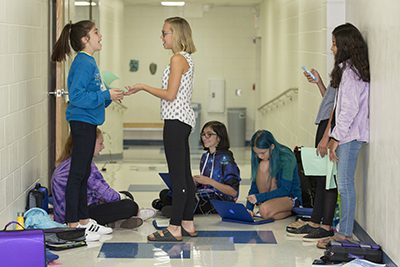 All parents are invited to the first quarter Middle School Parent Education Event, “The Adolescent Brain and How Brain Development Fits into Growth Mindset,” on Tuesday, October 3, from 8-9 AM in the Porter Conference Room (PCR). Our school psychologist, Dr. Jules Nolan, will be presenting on how brain development impacts behavior, and providing strategies for parents. Although the topic will be geared to Middle School-age students, any parent or caregiver is welcome to join in. Coffee and breakfast snacks will be provided by the Parents Association.
All parents are invited to the first quarter Middle School Parent Education Event, “The Adolescent Brain and How Brain Development Fits into Growth Mindset,” on Tuesday, October 3, from 8-9 AM in the Porter Conference Room (PCR). Our school psychologist, Dr. Jules Nolan, will be presenting on how brain development impacts behavior, and providing strategies for parents. Although the topic will be geared to Middle School-age students, any parent or caregiver is welcome to join in. Coffee and breakfast snacks will be provided by the Parents Association.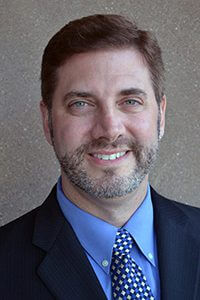 Please mark your calendars and plan to attend this event on Thursday, October 5, 6:30-8 PM in the Recital Hall. Dr. Todd A. Savage, MPA parent and professor of school psychology at the University of Wisconsin-River Falls, and Dr. Scott Woitaszewski, also a professor of school psychology at UWRF, will be sharing a research- and evidence-based presentation that will further inform and equip our community regarding youth suicide awareness. They will help us all to be proactive and to understand the issue better, provide tips on what to look for in students, and give tools and resources to utilize if concerns arise. The final 15 minutes of the time together will be open for questions and answers and will allow MPA to share the resources that exist on our campus. The presentation is geared toward Middle and Upper School families; however, Lower School families are more than welcome to attend, as well. Note: This presentation will be similar to the one given in May. No RSVP needed.
Please mark your calendars and plan to attend this event on Thursday, October 5, 6:30-8 PM in the Recital Hall. Dr. Todd A. Savage, MPA parent and professor of school psychology at the University of Wisconsin-River Falls, and Dr. Scott Woitaszewski, also a professor of school psychology at UWRF, will be sharing a research- and evidence-based presentation that will further inform and equip our community regarding youth suicide awareness. They will help us all to be proactive and to understand the issue better, provide tips on what to look for in students, and give tools and resources to utilize if concerns arise. The final 15 minutes of the time together will be open for questions and answers and will allow MPA to share the resources that exist on our campus. The presentation is geared toward Middle and Upper School families; however, Lower School families are more than welcome to attend, as well. Note: This presentation will be similar to the one given in May. No RSVP needed.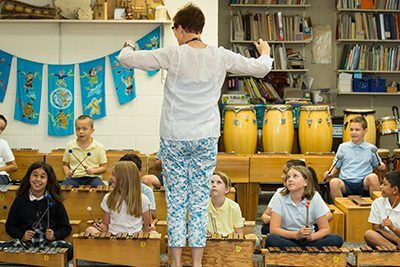 by Dr. Bill Hudson, Head of School
by Dr. Bill Hudson, Head of School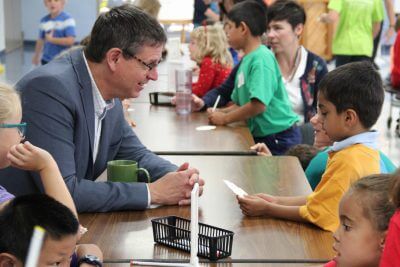 by Dr. Bill Hudson, Head of School
by Dr. Bill Hudson, Head of School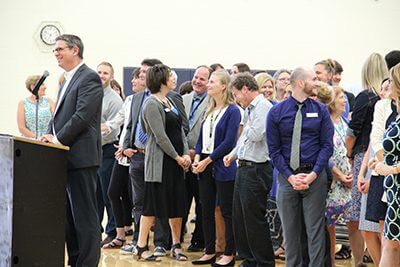 Welcome back to another school year at MPA! Believe it or not, Conference week is fast approaching, September 25-28, 2017. One longstanding tradition at MPA is to provide nourishment for the 100+ faculty and staff during this week. Our faculty and staff spend extra hours at school during this week and one way to help support them is to provide food all day long. (Dinners on Tuesday and Thursday nights that week are provided by the Parents Association directly).
Welcome back to another school year at MPA! Believe it or not, Conference week is fast approaching, September 25-28, 2017. One longstanding tradition at MPA is to provide nourishment for the 100+ faculty and staff during this week. Our faculty and staff spend extra hours at school during this week and one way to help support them is to provide food all day long. (Dinners on Tuesday and Thursday nights that week are provided by the Parents Association directly). Summer was made for students. That might sound counterintuitive for the head of an independent PreK–12 school to say, but please hear me out.
Summer was made for students. That might sound counterintuitive for the head of an independent PreK–12 school to say, but please hear me out.